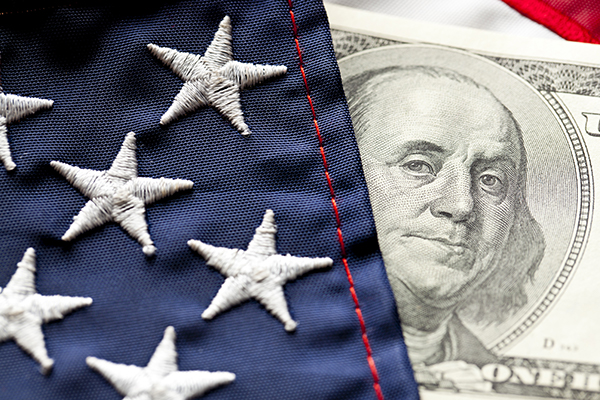Mr. Market’s Primary Primer
Presidential candidate frontrunners Hillary Clinton and Donald Trump suffered setbacks last week as both lost in the Wisconsin primaries. Clinton has a commanding delegate lead over Bernie Sanders, 1,758 versus 1,069, but still needs 2,383 to close out the primary. It appears likely that she will win the nomination ahead of the June convention.
On the other hand, the Republican primary is, well, messy. Trump maintains a sizeable delegate lead over Ted Cruz, 743 versus 545, but needs 1,237 delegates to secure the nomination. Trump is the only Republican candidate with a realistic chance to garner the necessary delegate votes to obtain a majority ahead of the convention. Nevertheless, most experts feel that last week’s victory by Cruz in Wisconsin increases the likelihood of a contested convention.
Typically, one candidate wins a majority of the delegates to win the nomination on the first ballot. If not, we have what is called a contested convention, in which there are multiple ballots. Approximately 95% of delegates are bound to vote according to the primary and caucus results for their state on their first ballot. The percentage of bound delegates falls to an estimated 25% for subsequent ballots. This means that most delegates are able to vote for the eligible candidate of their liking.
There is no telling how the financial markets would react to a contested convention. Many investors believe that the uncertainty associated with such an outcome would cause an increase in volatility. Trump’s anti-establishment rhetoric, however, could be viewed by investors as an even less desirable and more unpredictable result.
A Republican convention marred by wrangling could pave the way for a Clinton victory in November. Despite her campaign narrative, Clinton is considered by some to be the most mainstream of the four leading candidates: Trump, Cruz, Clinton, and Sanders. Regardless of one’s political affiliation, some would argue that this may be the best result from the perspective of the financial markets, as Clinton is more of a known entity than her competitors. This argument contradicts the perception by some that Republicans are friendlier to the financial markets. In any event, look for investors to focus their sights more directly on the election as we head into the summer and fall months.
